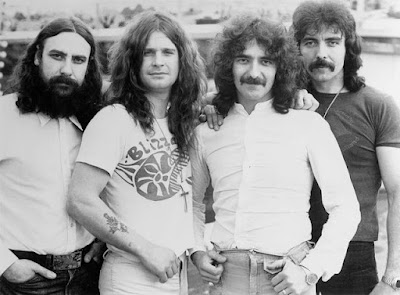Escrita por Al McKay, Maurice White e Allee Willis, foi gravada em setembro de 1978 e lançada em novembro de 1978 no disco The of Earth, Wind and Fire Vol. 1, uma coletânea da banda. Sairia também em compacto, com Love's holiday como Lado B. Foi produzida Charles Stepney e Maurice White. Chegou ao número 1 do Billboard R&B, número 8 no Billnoard Hot 100 e número 3 no Reino Unido. Chegou ao número 6 na Noruega e França. Ao número 8 na Irlanda e Canadá. Número 12 na Nova Zelandia e Austrália, número 13 na Suécia e Finlandia, número 18 na Holanda e África do Sul e número 19 na Bélgica. Foi adicionada à Library of Congress, na National Recording Registry, em 2018. Maurice White cantou e fez backing vocals. Phillip Bailey cantou, fez backing vocals e tocou congas. Verdine White fez backing vocals e tocou baixo. Johnny Graham tocou guitarra. Al McKay tocou guitarra e fez backing vocals. Larry Dunn tocou teclado. Ralph Johnson tocou bateria e percussão. Fred White tocou bateria. Rahmlee Michael Davis tocou trompete. Michael Harris tocou trompete. Louis Satterfield tocou trombone. Andrew Woolfolk tocou sax soprano. A revista Rolling Stone colocou-a como número 65 da lista das 500 greatest songs of al time.
A letra:
Do
you remember, 21st night of September?
Love was changing the mind
of pretenders
While chasing the clouds away
Our hearts were ringing
In the key
that our souls were singing
As we danced in the night
Remember,
how the stars stole the night away, yeah yeah yeah
Hey hey hey
Ba de ya, say do you
remember?
Ba de ya, dancing in September
Ba de ya, never was a
cloudy day
Ba duda, ba duda, ba duda, badu
Ba
duda, badu, ba duda, badu
Ba duda, badu, ba duda, yeah
My thoughts are with you
Holding
hands with your heart to see you
Only blue talk and love
Remember,
how we knew love was here to stay
Now December
Found the love we
shared in September
Only blue talk and love
Remember, the true
love we share today
Hey hey hey
Ba de ya, say do you
remember?
Ba de ya, dancing in September
Ba de ya, never was a
cloudy day
There was a
Ba de ya, say do you
remember?
Ba de ya, dancing in September
Ba de ya, golden
dreams were shiny days
Now our bell was ringing, aha
Our
souls was singing
Do you remember every cloudy day, yau
There was a
Ba de ya, say do you
remember?
Ba de ya, dancing in September
Ba de ya, never was a
cloudy day
There was a
Ba de ya, say do you
remember?
Ba de ya, dancing in September
Ba de ya, golden
dreams were shiny days
Ba de ya de ya de ya
Ba de ya de ya
de ya
Ba de ya de ya de ya, de ya
Ba de ya de ya de ya
Ba de ya de ya
de ya
Ba de ya de ya de ya, de ya
A versão do Earth, Wind and Fire:
A versão do HSCC:
A versão de Stacey Ryan:

















